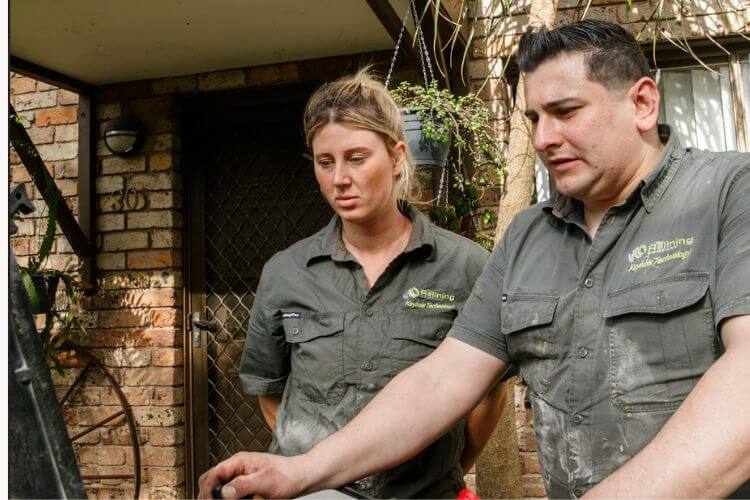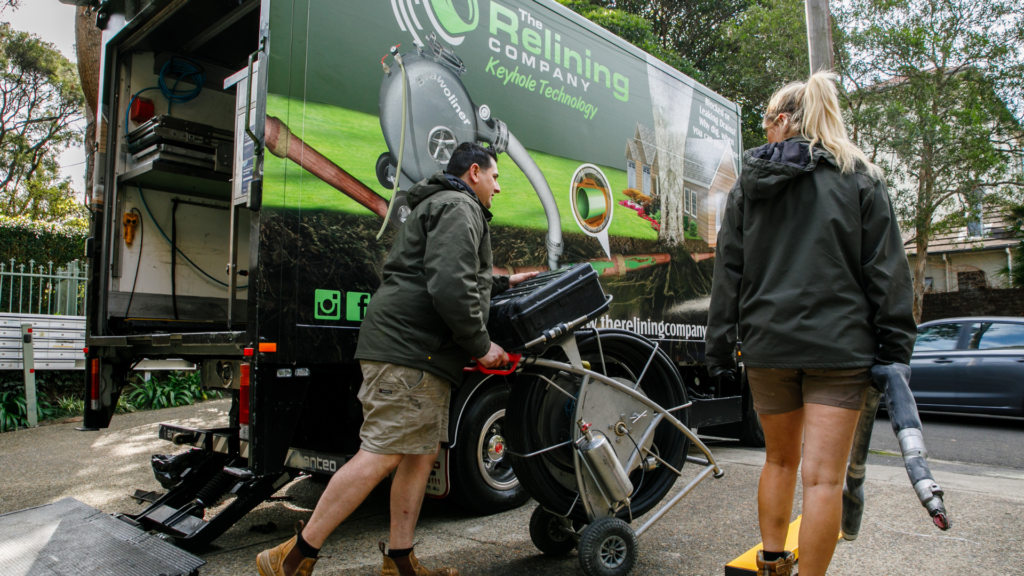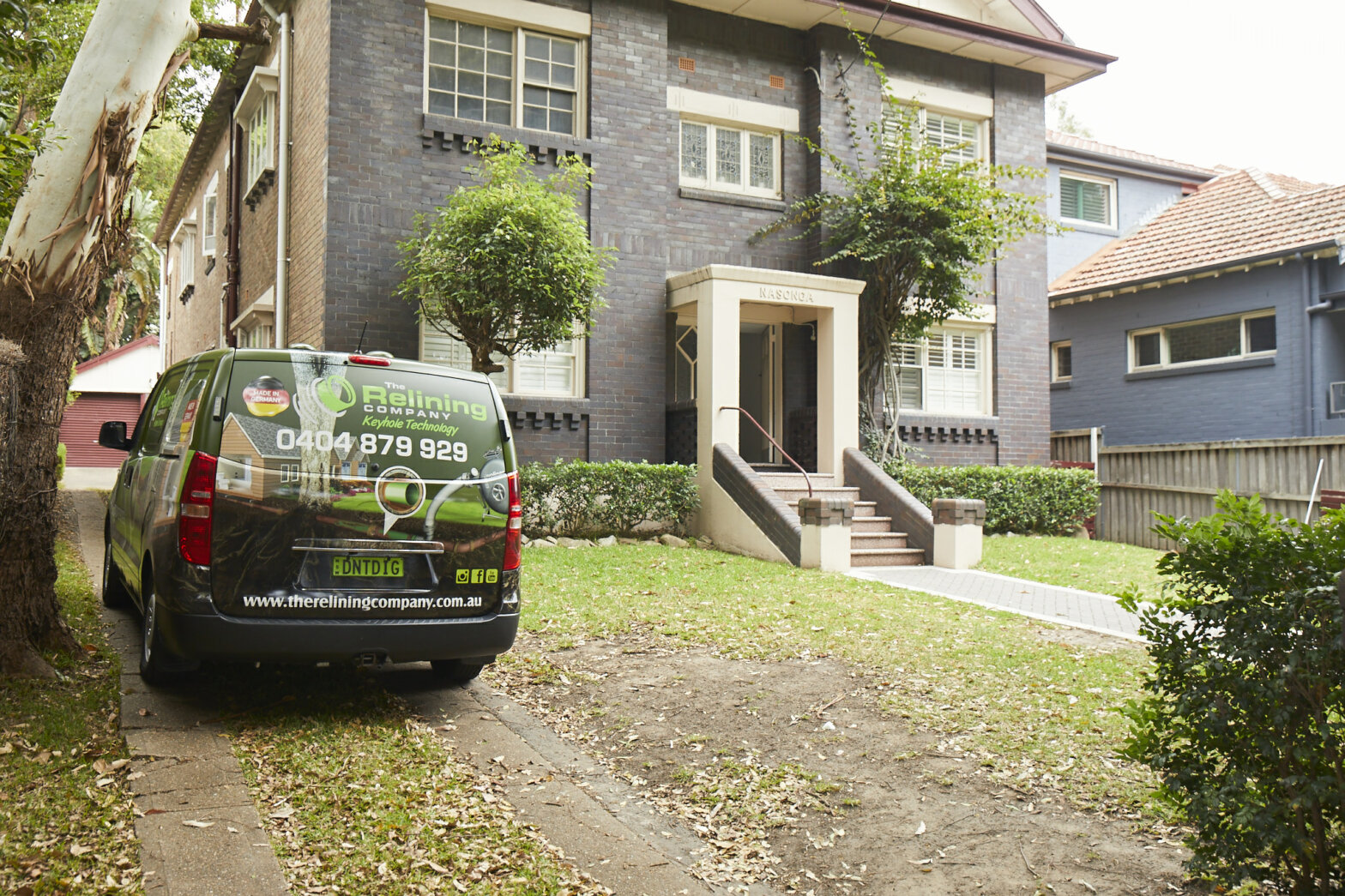In Sydney, our water supply comes from two primary sources: surface water (obtained from rivers and dams) and groundwater (extracted from underground aquifers). However, the quality of water varies due to geological and environmental factors.
Therefore, plumbing is crucial in supplying high-quality water, removing sewage waste and maintaining our comfort and health.
The NSW Government has strict regulatory guidelines for the water standards which must be maintained in private property. If you’re concerned about your water quality and pressure, have a plumber check your fixtures for water pollution, flow and other water quality issues.
How Plumbing Affects Water Quality
The type of material your pipes are made of can impact water quality when corrosion occurs. If your house is old and contains traces of lead in its infrastructure, pieces of lead can dissolve or flake into the water over time.

Installing a water filter can prevent the risk of pollutants in your water, but permanent action needs to be taken—either replacement or relining.
Common Plumbing Problems That Lead to Poor Water Quality
Leaky pipes and contamination
If your pipes become cracked and start to leak, particularly if the pipes are for sewage, your drinking water may become contaminated. This poses a risk to you and your family, potentially leading to illnesses such as E. coli, salmonella, pinworms, cholera, Hepatitis A, or amoebiasis.
Broken sewer pipes can release illness-causing bacteria or raw sewage, which can be bad for your health if it enters your body through open wounds, the eyes, or the mouth.
Old pipes and lead contamination
Pipe corrosion occurs when water with high acidity flows through metal pipes, weakening the pipes and leading to leaks. Such deterioration reduces the overall lifespan and is particularly harmful in drinking water, posing serious health risks—especially if corrosion occurs in lead pipes.
Lead pipes, or copper pipes containing lead joints were common when building old homes. If your house was built before 1980, inspect your pipes for water contamination and traces of lead.
Hard water, mineral deposits and sediment build-up
The build-up of minerals in pipes is called scaling. A sign your pipes may be affected by scaling is water hardness, that is, when water flow is restricted, reducing the efficiency of your faucets and causing frequent blockages.
Identifying contaminants in your water supply
Common contaminants in water quality include bacteria, viruses, heavy metals such as lead, copper and nickel, pesticides and organic compounds.
To mitigate the dangers of poor water quality, several measures can be taken, such as regular water testing and analysis, which are particularly useful for testing alkalinity, water softening to prevent scaling, pH balancing to protect plumbing from corrosion and general maintenance.
Investing in professional inspections, cleaning, and repairs is worthwhile to identify and address potential problems in your water system before they escalate.

How Plumbing Affects Water Pressure
Common plumbing issues that cause low or high water pressure include clogged pipes, water leaks, and incorrect pipe diameter, all of which can impact water pressure.
It’s no surprise clogged pipes and leaky pipes can result in changes in water pressure coming through to your tap, as less water is able to make its way through the valves.
However, more complex water pressure problems arise with incorrect pipe installation and malfunctions in water pressure regulators.
Installing pipes that are too small for the intended water flow will reduce overall water pressure and flow rates. Similarly, if the installed pipes are too large, you may experience water stagnation and decreased efficiency.
You will notice that your water pressure regulator needs repair if your household has leaking faucets, running toilets that take a while to refill, inconsistent pressure at all taps and shower heads or a high water bill and excess water damage.
How to Improve Water Quality and Pressure in Your Home
Ultimately, most plumbing issues will require professional examination and treatment, as the problem is usually more complicated than it seems. There are some DIY approaches you can take in the meantime though.
You can clean the pipe through the accessible cleanout, such as the overflow relief gully, often found on the side of the home or in the basement. While a standard drain plunger may help remove the blockage, sewer drain clogs are typically the result of months of accumulating damage to the water pipes.
Keep Your Plumbing in Check for Optimal Water Quality and Pressure
In short, if you suspect a problem with your drainage, contact a professional.

At The Relining Company, our experienced team of plumbers use exploratory CCTV cameras to examine the inside of your pipes. The area of concern in your plumbing system will be blasted with a powerful jet to cut through any dirt or debris clogging your plumbing system and prepare the pipe for relining. Relining your pipes with resin ensures a watertight pipe with a long lifespan ahead of it.
Want to know more? Book a free consultation today and let our plumbing services do the talking. All relining services have a 35-year guarantee.
Back to Top